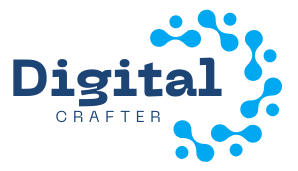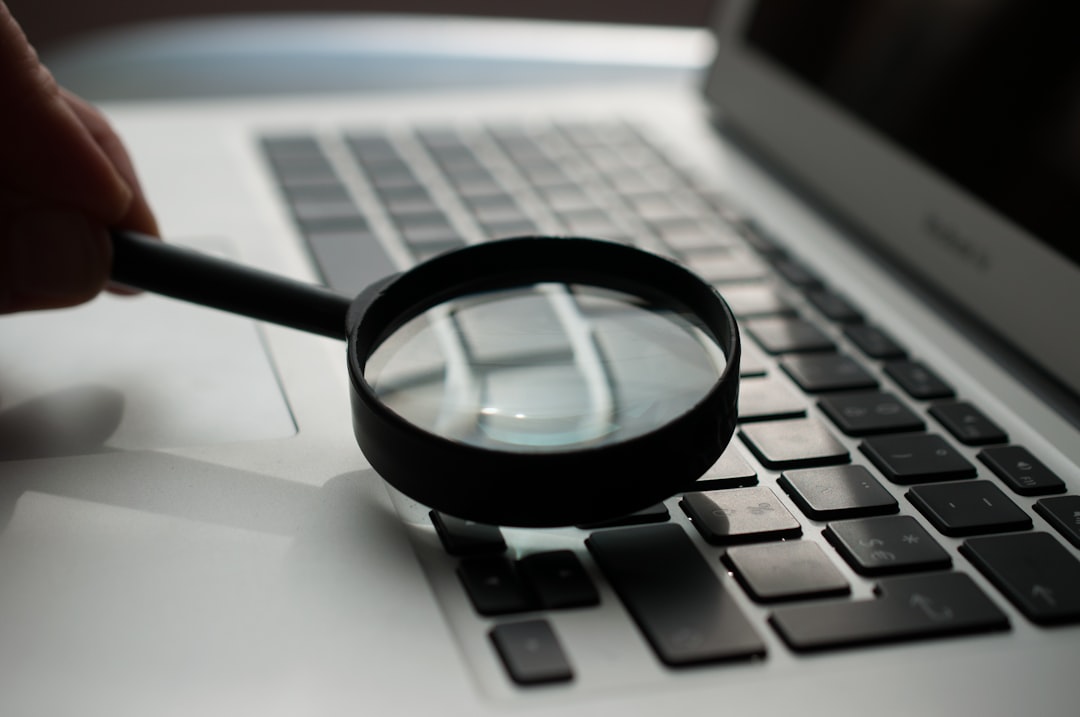In the dynamic digital landscape of 2025, businesses and developers rely heavily on web crawlers—or bots—to collect, analyze, and deliver data efficiently. These automated agents constantly scan websites, index content, and provide valuable insights used by search engines, digital marketers, and data analysts alike. Understanding the top web crawlers of 2025 and learning how to leverage them can give businesses a competitive edge in SEO, content marketing, and data aggregation.
What Are Web Crawlers?
Web crawlers, also known as spiders or bots, are automated scripts that systematically browse the internet. They index website content for search engines like Google, help monitor site structure for SEO compliance, and collect data for tools that analyze market trends, consumer behavior, or industry benchmarks.

Top Web Crawlers in 2025
Here is a detailed list of the most influential and commonly used web crawlers in 2025:
- Googlebot: Still the dominant player, Googlebot frequently updates its algorithm, making it the cornerstone for SEO. It indexes pages based on content relevance, mobile-friendliness, and page speed.
- Bingbot: Operated by Microsoft, Bingbot continues to grow as Bing’s market share increases. It behaves similarly to Googlebot but places more weight on metadata and structured markup.
- AhrefsBot: Widely used by digital marketers, AhrefsBot crawls the web to build an extensive backlink index, providing SEO professionals with data on link profiles and keyword rankings.
- Screaming Frog SEO Spider: Though not a cloud-based crawler, this desktop tool is invaluable for technical SEO audits. It helps identify broken links, duplicate content, and metadata issues.
- SEMRushBot: Essential for competitive analysis, SEMRushBot collects data on website traffic, keyword rankings, and backlink sources.
- PetalBot: Developed by Huawei and targeting global indexing outside the U.S., this bot has aggressively crawled non-Western sites and gained prominence in Asia and parts of Europe.
- YandexBot: Russia’s primary search bot, also used extensively for sites targeting Eastern Europe.
Benefits of Using Web Crawlers
Web crawlers offer numerous advantages for digital professionals and businesses, especially in data acquisition and digital visibility.
- SEO Optimization: Understanding how bots index and rank pages can dramatically boost organic traffic.
- Market Intelligence: Custom crawlers can scrape thousands of competitor sites for product listings, prices, and content strategies.
- Content Curation: Aggregating specific topic-related content for blogs or news services becomes easier with automated bots.
How to Use Web Crawlers Ethically and Effectively
While bots are powerful, they should be used responsibly, adhering to legal and ethical standards:
- Always check a website’s
robots.txtfile before crawling to respect boundaries set by the site owner. - Throttle your requests to avoid overloading servers. Use delays between requests or crawl during off-peak hours.
- Use identifiable user-agent strings so that webmasters can recognize and manage access from your crawler.
- Avoid scraping personal data or proprietary content that could lead to legal issues under GDPR or other privacy regulations.

The Future of Web Crawlers
As AI and updated web protocols come into play, future crawlers will become smarter, faster, and more selective. Semantic understanding and contextual indexing will be key features. Privacy regulations will also shape how bots operate, requiring better compliance mechanisms and transparency about what data is being collected and why.
Frequently Asked Questions (FAQ)
- Q: Can crawlers harm my website?
A: Malicious bots can overload a server or scrape sensitive data. It’s important to use firewalls and bot management tools to filter unwanted crawlers. - Q: How do I block a specific crawler?
A: Use therobots.txtfile to disallow specific user agents or implement IP blocking if necessary. - Q: Are all bots allowed on every site?
A: No. Many websites restrict crawler access using directives in theirrobots.txtor through firewall rules. - Q: Can I build my own crawler?
A: Yes. With programming tools such as Python (using libraries like Scrapy or BeautifulSoup), anyone can build a custom crawler that follows ethical usage practices. - Q: Why is Googlebot not indexing my pages?
A: Possible reasons include improperrobots.txtconfiguration, lack of backlinks, poor site structure, or slow load speeds. A thorough SEO audit can help resolve the issue.
As we continue further into 2025, mastering the usage and understanding of web crawlers will be essential for digital success. Whether optimizing content, conducting competitive analysis, or gathering meaningful data, the intelligent deployment of web bots can bring transformative value across industries.

